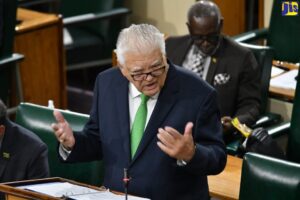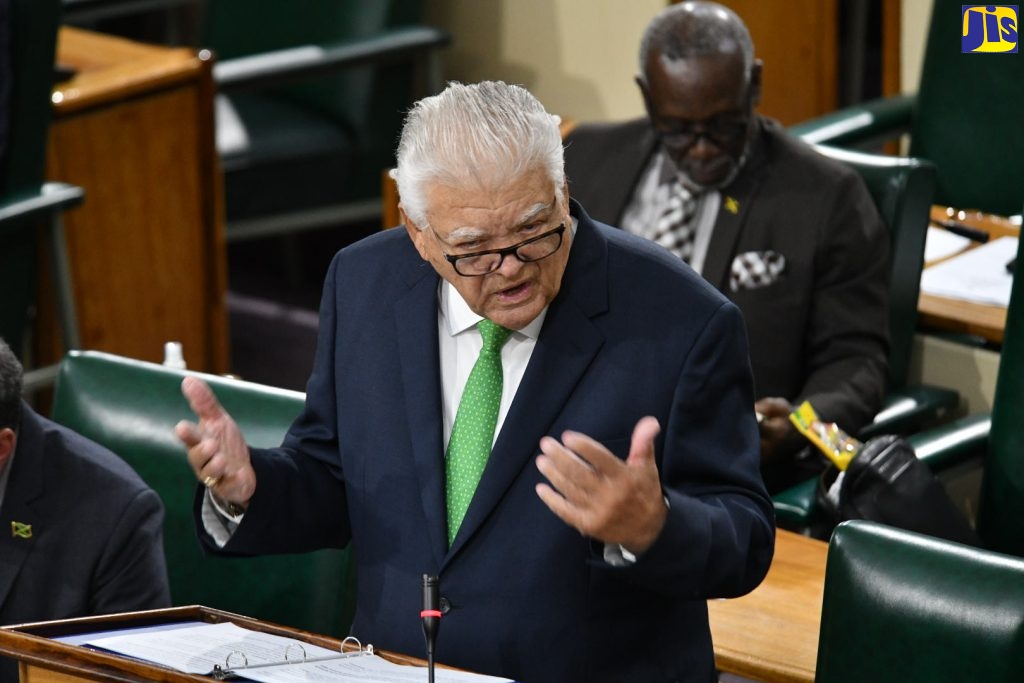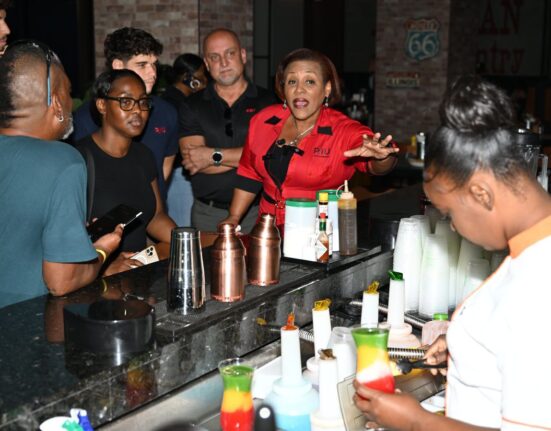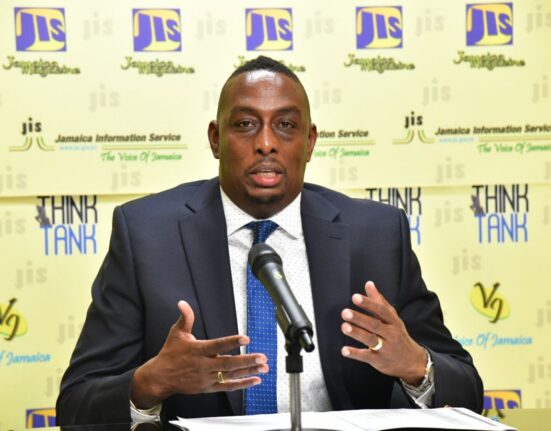
A Committee, led by President of the Jamaica Confederation of Trade Unions (JCTU), Helene Davis-Whyte, has been appointed to establish a Joint Industrial Council for the regulation of the industrial security sector and protection of the security guards.
Minister of Labour and Social Security, Karl Samuda, made the disclosure during a statement to the House of Representatives, on Wednesday.
“I am sure the advisors to the other side will agree with this move. We will be holding town hall meetings, and I am going to invite you to attend with us… because we all have one thing in common, and that is the well-being of the Jamaican worker,” Samuda said.
The minister also informed that he will be personally meeting with the security guards and companies to discuss their concerns and assist the parties to resolve the matters affecting them.
Samuda was addressing the current controversy that has arisen as a result of the recent ruling of the Supreme Court on the employment status of security guards.
The court has determined that all security guards are employees and not independent contractors.
Samuda told the Lower House that he empathises with the concerns of the security guards.
“Many are understandably concerned about how the new arrangements will affect not only their job security but how they will impact considerations for the years of service already given. Bear in mind, many have been working for periods of 10, 20 years, or more,” he stated.
He noted that since late last year, the matter relating to the rights and benefits of security guards has come into sharp focus in the Parliament and in the general public.
“If a security guard believes he/she has been denied any worker-related benefits, that guard can attend one of the Ministry’s offices islandwide [to lodge a complaint or seek guidance]. In fact, we have 88 such cases where guards have come in and held discussions, and explanations have been given,” Samuda said.
The minister noted that following the Supreme Court’s ruling, several guards have attended the Ministry’s offices since March 2023 to seek guidance on whether they should sign new employment contracts.
He said the complaints relate primarily to their previous years of service and vacation leave.
Samuda said there are approximately 25,000 security guards employed in the country at this time.
“The fact is that, in spite of the concerns, 85 per cent have already signed their new contracts,” he stated.
He also informed the House that all complaints lodged by security guards are being processed for amicable resolutions, as is done for all workers.
In relation to the new employment contracts, Samuda explained that all security guards are workers and are, therefore, to be guaranteed vacation leave, sick leave, overtime, maternity leave, where applicable, and all minimum standards for decent work in Jamaica.
“I emphatically state that any agreement that is in breach of these Labour Standards should be brought before this ministry for immediate intervention, and there will be no compromise on that,” Samuda said.
He added that what is happening, currently, is that there is talk broadly about the rights of security guards being violated.
“However, there are no concrete reports presented to the ministry outlining the rights that have been violated,” Samuda said.
He noted that he has seen a few of the contracts and recognises that the real issue is related to the lack of specific transitional arrangements.
“I would like to inform this Parliament that all entities that provide security services must ensure that the guards have employment contracts,” Samuda emphasised.






